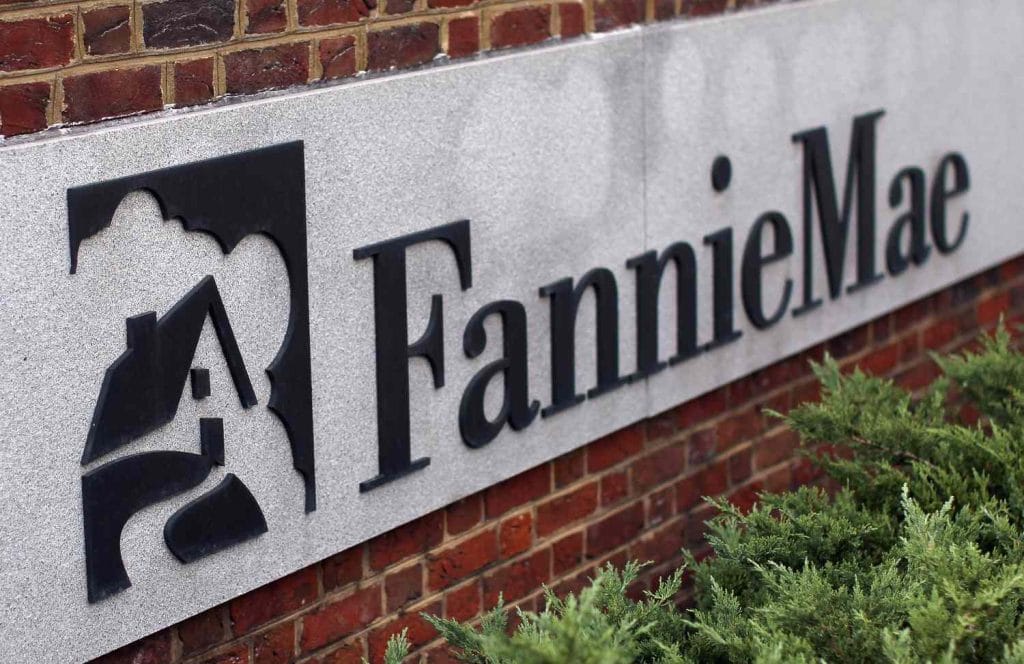Unlocking Opportunities: Understanding Federal National Mortgage Stock and Its Impact on Your Home Investment

Navigating the world of home investment can often feel like a daunting task, but understanding the Federal National Mortgage Stock (FNMA) can unlock a world of opportunities for savvy homeowners and investors alike. This dynamic entity plays a pivotal role in the housing market, influencing mortgage rates and accessibility to financing. By diving into the intricacies of FNMA, you can better grasp how it impacts your home investment strategy and the broader economic landscape.
Whether you’re a first-time buyer or looking to expand your real estate portfolio, knowing how to leverage Federal National Mortgage Stock effectively can pave the way for significant financial gains. In this article, we’ll explore the fundamentals of FNMA, its implications for your investments, and strategic insights to maximize your home’s value. Get ready to transform your understanding and take confident steps towards a prosperous future in real estate!
Overview of Federal National Mortgage Association (FNMA)
Fannie Mae, officially the Federal National Mortgage Association (FNMA), plays a vital role in the U.S. housing finance system. As a government-sponsored enterprise (GSE), it operates under congressional charter to boost mortgage market liquidity. Essentially, Fannie Mae purchases mortgages from lenders, repackages them into securities, and sells them to investors. This process enables lenders to issue more home loans. Importantly, Fannie Mae does not originate mortgages directly but supports the secondary mortgage market.
How Federal National Mortgage Works
Fannie Mae’s operational model involves a continuous cycle. First, approved lenders like banks originate qualifying mortgages. Next, Fannie Mae buys these loans, providing lenders with fresh capital. Then, Fannie Mae pools mortgages into mortgage-backed securities (MBS)。 Finally, it guarantees these MBS against credit risk and sells them to global investors. Consequently, this cycle increases lender capacity to offer new mortgages. Furthermore, Fannie Mae sets underwriting standards that influence loan accessibility nationwide.
The Impact of Federal National Mortgage Stock on Home Loans
Fannie Mae’s activities directly affect mortgage availability and costs. By creating a liquid secondary market, it lowers interest rates for borrowers. Additionally, its standardization promotes 30-year fixed-rate mortgages—a uniquely American product. During economic downturns, Fannie Mae stabilizes lending when private capital retreats. However, its stock performance doesn’t dictate mortgage rates directly. Instead, investor demand for its MBS influences funding costs. Generally, strong MBS demand translates to lower consumer rates.
Understanding Mortgage-Backed Securities
Mortgage-backed securities form Fannie Mae’s core financial product. These instruments represent shares in pools of residential mortgages. Investors receive monthly payments derived from homeowner principal and interest. Crucially, Fannie Mae guarantees timely payments even if borrowers default. This security makes MBS attractive to pension funds and foreign governments. However, prepayment risk exists—homeowners refinancing loans early can reduce investor returns. Yield spreads between MBS and U.S. Treasuries signal market sentiment about housing.
The Relationship Between Federal National Mortgage and Interest Rates
Interest rate movements significantly impact Fannie Mae’s business. Falling rates spur refinancing waves, increasing MBS issuance volumes but triggering prepayments. Conversely, rising rates suppress refinancing but boost MBS values. Importantly, the Federal Reserve’s MBS purchases during crises (like 2008 and 2020) directly supported Fannie Mae. However, quantitative tightening reverses this support. Furthermore, the 10-year Treasury yield serves as a benchmark for mortgage rates, affecting MBS pricing dynamics daily.
Opportunities for Homebuyers and Investors
Fannie Mae creates distinct opportunities for different stakeholders. Homebuyers benefit from lower down payment requirements (as low as 3%) through Fannie-backed loans. Investors can access the $12 trillion MBS market for diversified income. Additionally, Fannie Mae stock (FNMA) offers speculative exposure to housing policy shifts. Preferred shares like FNMAP provide higher dividends but carry seniority risks. Notably, Fannie’s Duty to Serve program targets affordable housing investments in underserved communities.
Risks Associated with Federal National Mortgage Stock
FNMA shareholders face unique hazards. Since 2008 conservatorship, the U.S. Treasury holds a senior preferred stake, diverting most profits. Legal uncertainty persists regarding GSE reform or recapitalization. Stock dilution remains possible if conservatorship ends. Additionally, housing market crashes immediately impair MBS values. Interest rate volatility constantly pressures net interest margins. Political intervention risk—like dividend suspensions—adds unpredictability. Importantly, FNMA trades over-the-counter (OTC), increasing liquidity risks.
Future Trends in Federal National Mortgage Stock
Several catalysts could reshape FNMA’s trajectory. Conservatorship exit talks periodically resurface, potentially unleashing shareholder value. Affordable housing mandates may expand Fannie’s loan purchases. Automation through its digital mortgage platform (Loan Quality Advisor) could reduce costs. However, climate risk disclosures may necessitate stricter underwriting. Rising competition from private-label MBS threatens market share. Ultimately, government housing policy shifts—like down payment changes—will dictate operational flexibility.
Conclusion: Making Informed Home Investment Decisions
Fannie Mae remains indispensable to U.S. housing but presents complex investment profiles. Homebuyers should leverage its low-down-payment programs while rates permit. MBS investors must monitor prepayment speeds and yield spreads. FNMA stock speculators require high risk tolerance given legal overhangs. Crucially, track Treasury Department statements and housing legislation developments. While Fannie Mae democratizes homeownership, its stock remains a policy bet rather than a traditional equity investment. Consult mortgage and financial advisors before engaging.